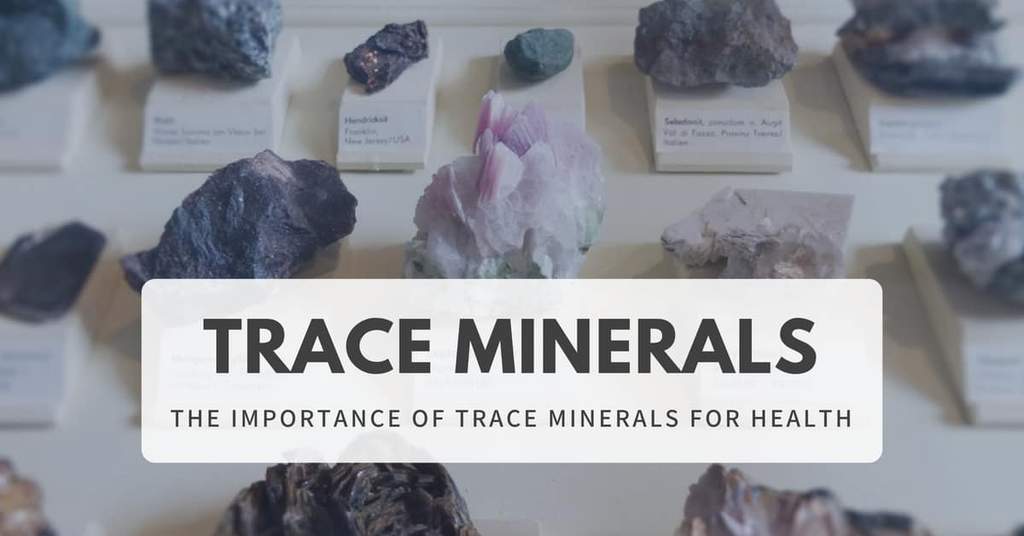
Your body relies on minerals to develop and stay all-round healthy. From supporting the immune system to contributing towards bone strength, each mineral has a different role to play, making it all the more important to obtain them all! We’re here to take you through trace minerals, in particular, unravelling why they are so important for your health.
What Are Trace Minerals?
Minerals are split into two categories – major minerals and trace minerals. As the name probably indicates, trace minerals are needed in much smaller quantities than major minerals. This doesn’t, however, make them any less important.
There are nine trace minerals to be aware of, all as to which are important for your health. Let’s take a closer look at each one:
1. Zinc
Zinc is required for the function of the immune system. It also contributes to normal reproductive development (EFSA, 2009). You can find it in meat, fish, poultry and vegetables.
2. Iron
Iron affects the activity of the liver, heart and muscles. It also helps you to fight against tiredness (EFSA, 2010). Iron is most commonly found in meaty products like red meat and fish. For this reason, a lot of people following plant based diets choose to take iron tablets to safeguard their intake. You can, however, also find iron in leafy greens and legumes.
3. Manganese
The body needs manganese to produce energy (EFSA, 2009). It is mainly found in plant based foods.
4. Copper
Copper is needed for the function of the immune system. It also assists with energy production and is important for the structure of connective tissues (EFSA, 2009). You can surprisingly find copper in drinking water, as well as legumes, nuts and wholegrains.
5. Fluoride
Fluoride has been found to keep your teeth healthy as it strengthens tooth enamel (EFSA, 2010). You can find it in water that has been fluoridated or water that naturally contains fluoride.
6. Iodine
Iodine plays a role in mental performance (EFSA, 2010). You can find it in bread, dairy products, seafood and iodized salts.
7. Selenium
Selenium is required for hair and nail formation (EFSA, 2010). It can, once again, be found in meats and seafoods. For vegetarians and vegans, it can also be found in grains.
8. Chromium
Chromium is important for your blood glucose levels (EFSA, 2010). It can be found in liver (but avoid this if pregnant!), wholegrains, cheese and nuts.
9. Molybdenum
Molybdenum is an antioxidant. It protects your cells from ageing (EFSA, 2010). You can find it in leafy greens, legumes, milk and liver.
As you can see, every single trace mineral is incredibly important for your health. And, as trace minerals are only needed in small quantities, you don’t have to worry too much about going out of your way to obtain large amounts. Just as long as you maintain a balanced diet, you should be good to go!









